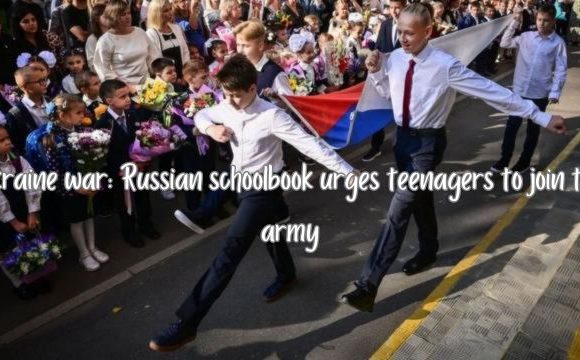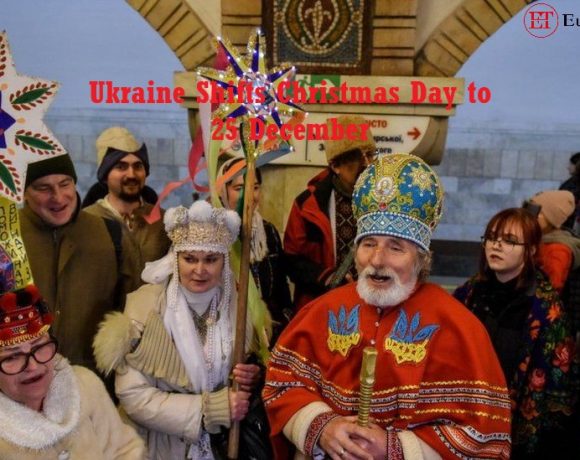
A new Russian school textbook has been introduced under the guise of “Fundamentals of Security and Defence of the Motherland,” replacing a previous subject called “Fundamentals of Safe Living.” This compulsory lesson targets high school students aged 15 to 18 in both Russia and occupied territories in Ukraine. Former soldiers and individuals with pedagogical degrees are being trained to teach this subject, with the curriculum heavily influenced by the Russian government’s agenda.
The textbook, titled “The Russian Army in Defence of the Fatherland,” glorifies Russian military history, including the role of Joseph Stalin and the Soviet victories in World War Two. It also portrays Russia’s annexation of Crimea in 2014 as a “reunification” and justifies the invasion of Ukraine with distorted facts, blaming Ukraine and NATO for initiating conflict.
Furthermore, the textbook propagates misinformation about events such as the destruction of Ukrainian infrastructure and civilian casualties during the conflict. It aggressively promotes joining the Russian military, highlighting benefits such as free medical care, insurance, a decent salary, and three meals a day.
Critics argue that this indoctrination through education could lead to more young people joining the military and ultimately being casualties of war. While Russia doesn’t disclose its exact military casualties, it’s estimated that at least 1,240 soldiers under the age of 20 have died in the conflict with Ukraine.
Picture Courtesy: Google/images are subject to copyright

